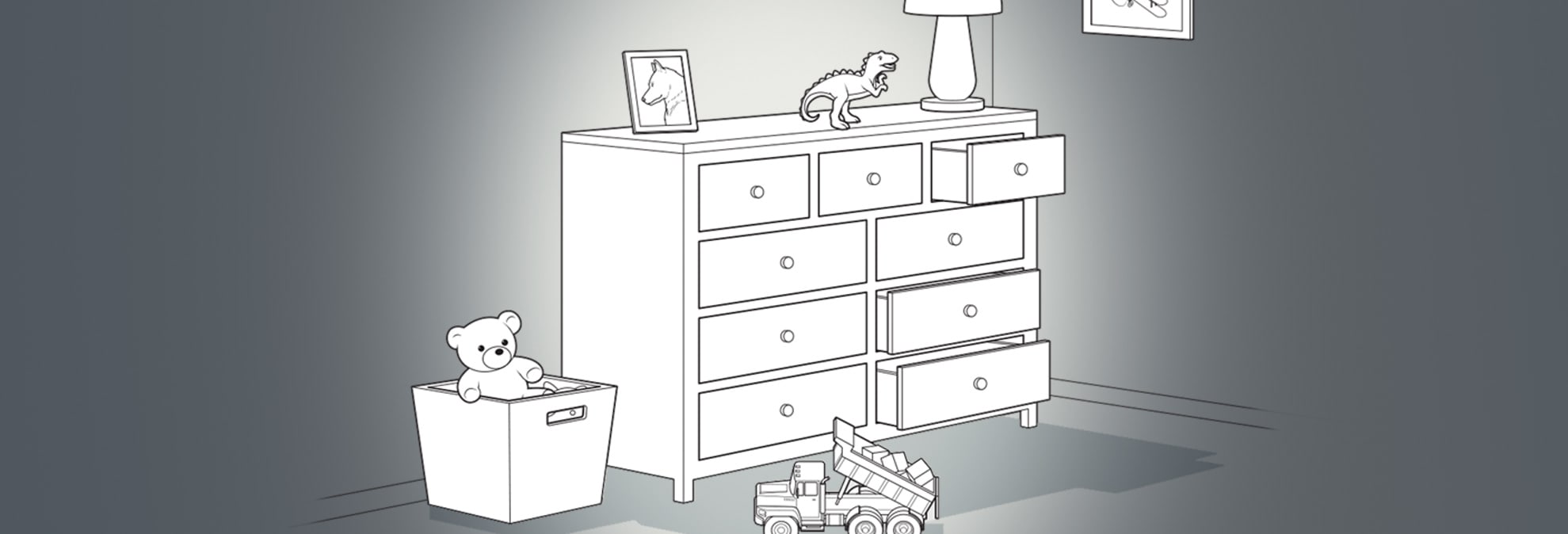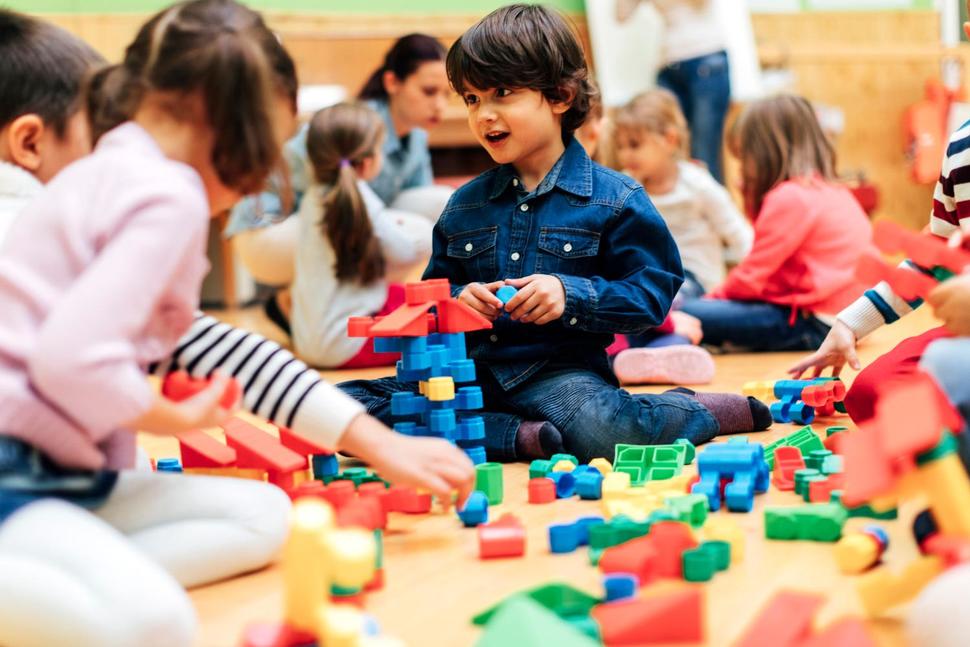Rising to the challenge of parenting digital natives – a term commonly used to describe a generation of children who have never known a world without digital technologies – inherently means that we, as digital immigrants, have some important work to do. As a crucial first step, we need to both familiarize ourselves and then keep up with technology. After all, the responsibility falls squarely on us to help our children learn good judgment and how to responsibly navigate the rapidly changing digital world.
With the new year and new resolutions right around the corner, I figured this was as good a time as any for us all to commit to doing a better job of setting appropriate limits for the use of technology in our everyday lives – both for our children and for ourselves. After all, in today’s digitally connected world, taking a few key steps toward disconnecting can actually go a long way towards helping families become and stay more closely connected.
The following are some tips to get you started in what I hope brings you and your family a happy, healthy and technologically harmonious 2014.
Make time for face time. Today’s digital invasion of childhood is raising serious concerns, as clearly evidenced by this year’s recent recipient of the TOADY Award. This annual dishonor, given to the toy deemed most oppressive and/or destructive to young children, was bestowed upon a digital potty seat designed to allow potty-training toddlers to remain connected to their screens. For infants, young children and teens alike, face time – not the kind you can ask Siri to set up for you on your iPhone but real, in-person face time – is critically important to their social-emotional development. For infants and young children in particular, this means resisting the temptation of replacing human interaction with iPad potty seats and app-loaded infant seats (yes – this too is an actual product that also understandably ignited a virtual firestorm of digital debate). What you can do instead is powerfully simple – read books, talk, sing, make eye contact. And while you’re certainly not alone if you’ve made a habit of texting your ‘tween or teen, or emailing your spouse as the most reliable way of communicating, remember that at all ages, nothing compares to in-person, face-to-face conversations.
Take a tech-timeout. Another big concern when it comes to technology’s pervasiveness in our children’s everyday lives is that it takes away any time for boredom. While I am well aware that that may seem a particularly appealing attribute when you’re busy, stressed or just hoping for some peace and quiet at the end of a long day or start of a long trip, you may want to think again. The problem with the constant and chronic use of tech toys as boredom-busters is that boredom has long been recognized as playing a key role in fostering creativity, resourcefulness, and innovation. So what’s a parent to do? Be sure to establish times and places when cell phones need to be put away and screens need to be turned off to allow your children’s creative juices to start flowing.
Vacation planning. For anyone with holiday travel plans, or planning any travel for that matter, take a moment to consider why it is you’re traveling in the first place. Visiting friends or relatives, perhaps. Setting out to see new sights. Or simply spending time together as a family. Regardless of the reason, the fact of the matter is that cell phones, tablets, TVs and/or computer screens all have the uncanny ability to keep kids from looking up, looking out of the window, making eye contact, or – simply put – connecting with the world around them. In other words, technology (it’s non-essential use, that is) can sabotage your best-laid vacation plans. My suggestion? Plan to leave any unnecessary cell phones and other digital distractions at home. While your children may well protest at first, have a little faith. With very little practice, they’re sure to find alternative, meaningful, tech-free ways to enjoy the vacation as a result.
Declare the dinner table a tech-free zone. As the parent of three teens, I will be the first to admit that this is easier to write than it is to enforce. Nevertheless, it’s absolutely worth rising to the challenge of establishing the dinner table as a tech-free zone. With no buzzes, no rings, no emails, texts or tweets allowed, your chances for meaningful conversations with your children increase considerably – whether you have toddlers, tweens or teens.
And with that, I will leave you with my best wishes for a very happy holidays. In the spirit of both the holidays and of practicing what I preach, I now intend to shut down the computer, turn off my cell phone, turn on some holiday music, and go spend some quality time playing our family’s favorite board game (Settlers of Catan) with my kids.
Originally posted on Omaha World Herald’s Live Well Nebraska






